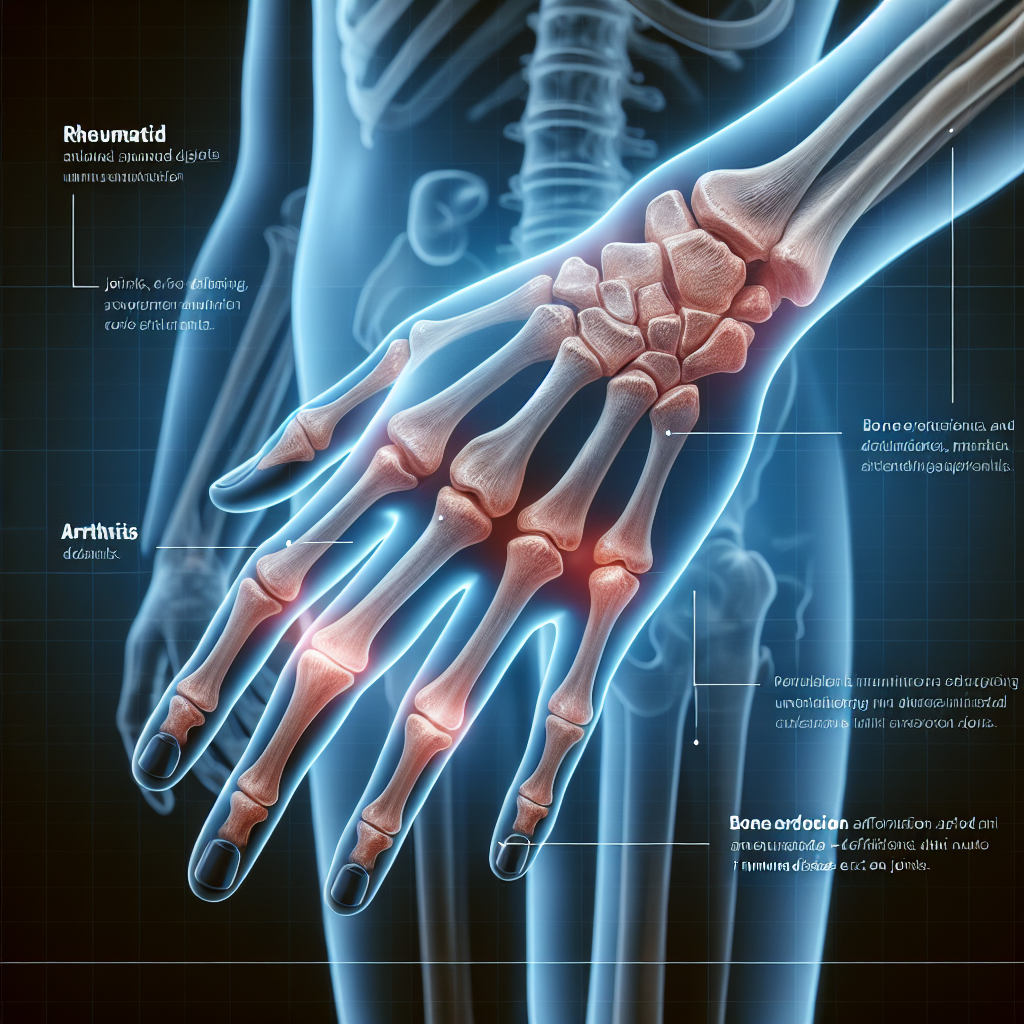Rheumatoid Arthritis on the Rise: Global Disparities Unveiled
Rheumatoid arthritis cases rose over 13% globally since 1990, affecting nearly 18 million people in 2021, a study reported. The increase was noted especially in young populations, with disparities linked to sociodemographic differences. Regions with higher indices experienced the greatest burden, while targeted public health policies were recommended.

- Country:
- India
A recent study has revealed a significant increase in rheumatoid arthritis cases globally, with figures growing over 13% to affect nearly 18 million individuals by 2021. This chronic autoimmune disease, found to be increasingly diagnosed among younger populations, has become widespread, with varying impacts geographically.
The research, featured in the Annals of the Rheumatic Diseases, highlights how population growth has exacerbated the condition's incidence, especially in countries like India, Pakistan, and Spain. In contrast, ageing has been a primary factor in its spread across nations such as Thailand, China, and Poland. Additionally, regions categorized with a high sociodemographic index are bearing the brunt of the disease.
Despite the widespread rise, the study points out that coordinated public health interventions could mitigate the burden. For example, declining rates in Japan are attributed to early diagnosis and treatment practices. The study suggests implementing localised policies and resources in low-to-middle sociodemographic index regions to control the increasing trend indicated by current projections up to 2040.
(With inputs from agencies.)










